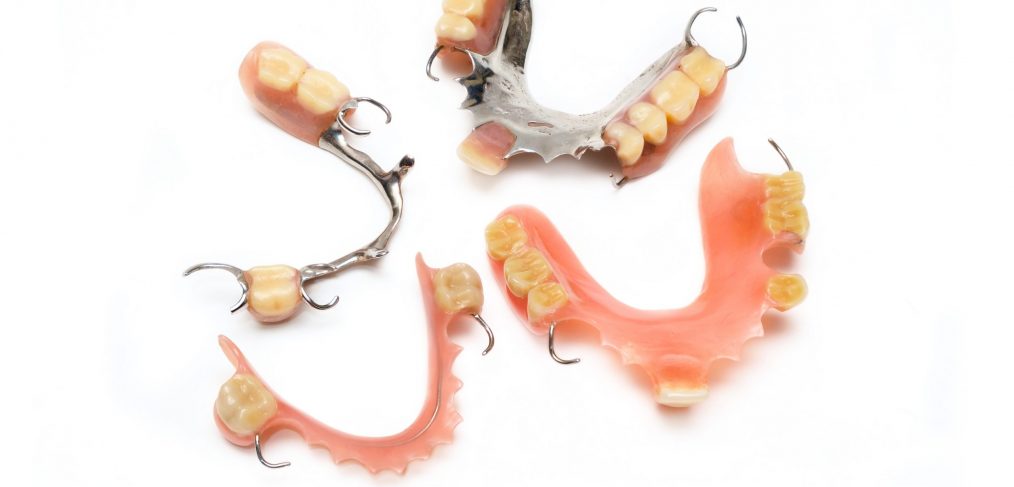Losing a tooth isn’t fun, but sometimes having a tooth (or two) extracted is the best thing to do.
When you have missing teeth it can feel uncomfortable or embarrassing to have a gap in your smile. Did you know that missing a tooth can also be harmful to your overall health?
Here are 4 reasons why you should consider replacing a missing tooth:
- Teeth may shift and loosen – Like books in a bookcase, when every tooth is in your mouth, neatly in a row, they can keep each other lined up and stable. Take one out and the teeth can drift out of place, become crooked, or result in new gaps appearing between your remaining teeth. Another issue that may occur is super-eruption of the tooth that opposes the site of the missing tooth. As that tooth moves up out of the gum you may experience sensitivity and be more vulnerable to decay. This drift and movement can also change your bite which leads onto a whole other set of issues.
- Your face could change – The ADA says that even the loss of a back tooth can cause your bone to deteriorate and muscles to droop over time potentially making your face look older. No one wants that!
- It may affect your mental health – While missing a tooth may be fun when you are a kid, not so much as an adult. The way you feel about your smile is incredibly significant. Grinning is an important way to emote and communicate with other people. A missing tooth can easily cause you to hold back and lose self-confidence. Missing teeth can also affect your speech and make eating difficult. Poor chewing can lead to other digestive problems and affect you nutritionally.
- TMJ disorder – Your lower jaw can move freely to chew and bite food because of the temporomandibular joints, or TMJ on each side of your head. Teeth function as a unit. Properly aligned teeth come together harmoniously when you bite and chew. When you eat and have a missing tooth or teeth, more stress may be placed on the remaining teeth and your TMJs due to changes in your bite causing jaw pain, headaches and possibly further tooth loss. Not pleasant ☹
This is why it is important to replace a missing tooth. Partial dentures are a phenomenally successful, cost effective way to do this and are globally the most common prosthetic.
We love giving advice (and we don’t charge for it 😊) so contact us now to book in for an initial consultation and be informed.


